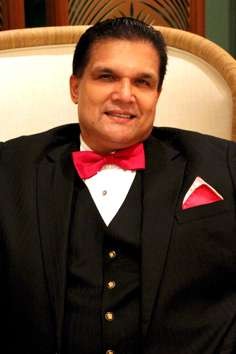Mind the Gap | Sex, Goldman Sachs, and the new culture of client expensing
Bankers are struggling to make themselves memorable to clients in an era of increasing regulatory and compliance restrictions

Sex and money make a man do crazy things. One of the more unnecessarily salacious financial trials is being played out in the press and heard in the High Court in London. The Libyan Investment Authority (LIA) brought a lawsuit against Goldman Sachs for losing US$1.2 billion. The plaintiff claims the investment bank exploited its “limited experience” and forced it into the nine risky and ultimately loss making derivative trades. Goldman denies the allegations.
In the process of allegedly losing its client US$1.2 billion while earning fees of US$200 million, one Goldman sales executive “procured” the services of two prostitutes for himself and an LIA official as he built his client relationships, according to a report by the Financial Times. Entertainment and hotel expenses for a single business trip amounted to as much as £22,000.

Despite the crowd that rails how “bankers are the devil’s handmaiden”, Libya needs the capital markets as it is going broke fast at current oil prices. Bringing a legal action like this with all of its prurient testimony will only scare away even most risky lenders.
Wining and dining clients is normal business practise. And providing prostitutes probably isn’t that unusual either. That was the entire basis of the recent “Fat Leonard” case, which resulted in the arrest of US Navy officers. Entertaining a customer- better known as client engagement is not improper. Teaching and training executives how to do it is exactly what regulators want bankers to do.
When a client relationship manager tells his boss he is “all over them”, this explains exactly what his job is - to get every piece of business he can from a customer. There is nothing improper whatsoever.
